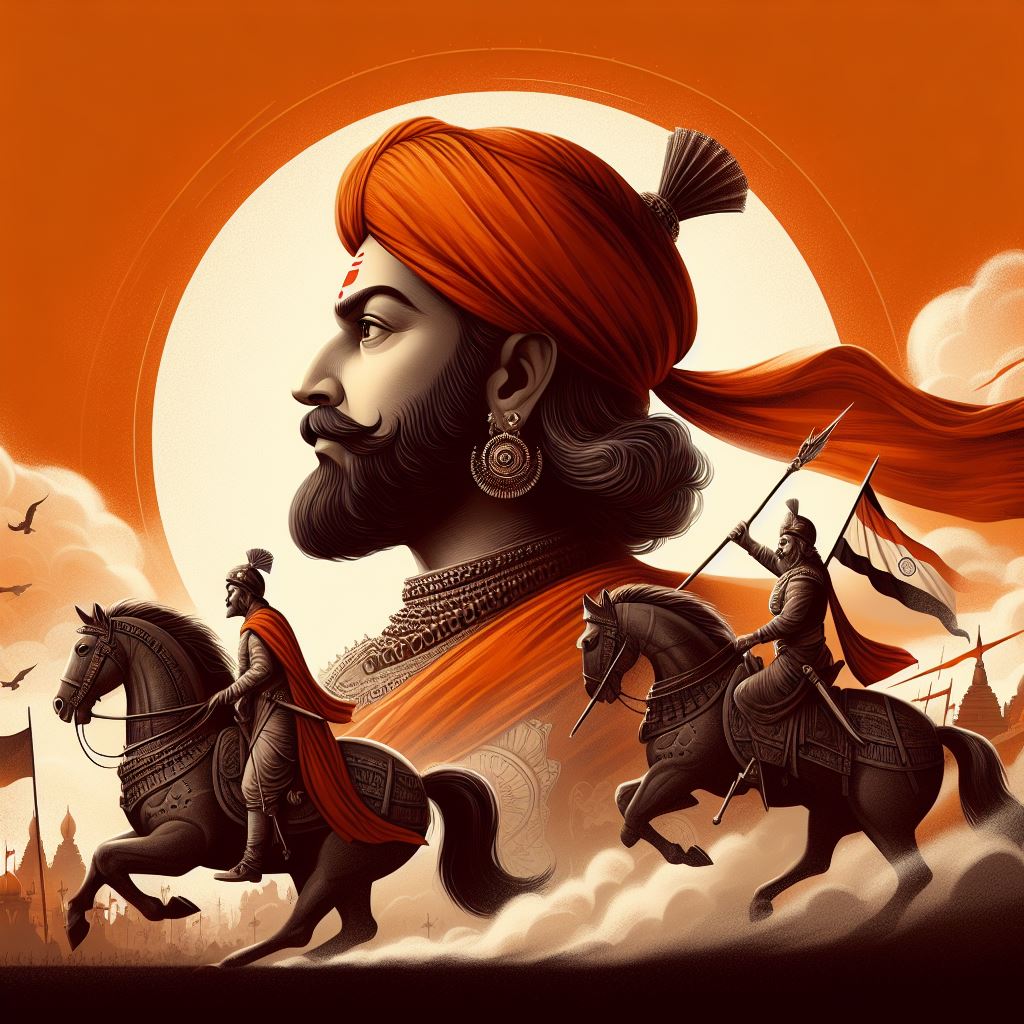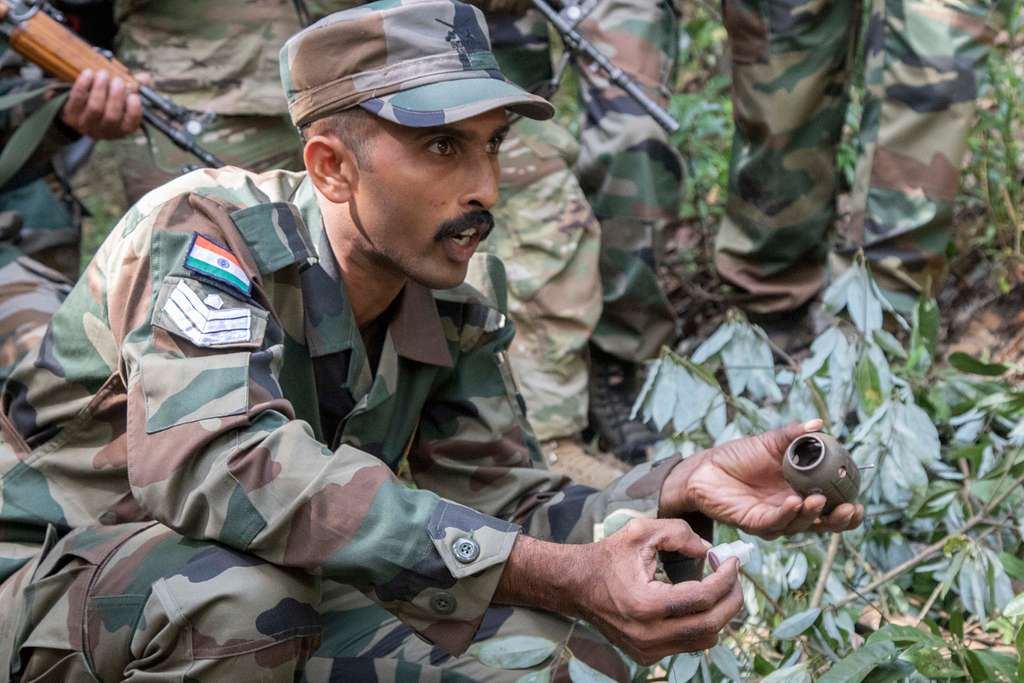Shiv Jayanti Utsav, also known as Shivaji Jayanti or Shivaji Maharaj Jayanti, is an annual festival celebrated with great enthusiasm and reverence in the state of Maharashtra, India, and by Maharashtrians around the world. This festival commemorates the birth anniversary of Chhatrapati Shivaji Maharaj, one of the most iconic and revered figures in Indian history. The Shiv Jayanti Utsav not only celebrates Shivaji Maharaj’s valor and leadership but also serves as a reminder of his enduring legacy and the principles he stood for.
The Life and Legacy of Chhatrapati Shivaji Maharaj
Chhatrapati Shivaji Maharaj was born on February 19, 1630, in the hill fortress of Shivneri, near Pune, Maharashtra. From a young age, Shivaji displayed remarkable courage, leadership, and military acumen. He rose to prominence during a time of political instability and foreign invasions, marked by the decline of the Mughal Empire and the expansion of the Deccan Sultanates.
Shivaji Maharaj established the Maratha Empire, which became a formidable force in Indian politics and played a pivotal role in challenging the dominance of the Mughals and other foreign powers. He is best known for his military campaigns against the Adil Shahi Sultanate, the Mughal Empire, and the Portuguese, as well as for his administrative reforms and promotion of Hindavi Swarajya (self-rule).
Shivaji Maharaj’s reign was characterized by his commitment to justice, religious tolerance, and the welfare of his subjects. He implemented a decentralized administrative system, encouraged trade and commerce, and fostered a sense of pride and unity among the Maratha people. His strategies of guerrilla warfare, fortification, and naval defense earned him the epithet of “Hindu Pad Padshahi” (Hindu Emperor).
Origins of Shiv Jayanti Utsav
The tradition of celebrating Shiv Jayanti Utsav dates back to the early 20th century when the Indian nationalist movement sought to revive and commemorate indigenous heroes and historical figures. The idea was to foster a sense of pride and nationalism among the Indian populace and to highlight the contributions of regional leaders to the country’s freedom struggle.
The Shiv Jayanti Utsav gained momentum during the freedom movement, with various socio-political organizations and cultural associations organizing events and programs to honor Shivaji Maharaj’s memory. Over time, the festival evolved into a grand celebration involving religious rituals, cultural performances, historical reenactments, and community gatherings.
Celebrations and Rituals
Shiv Jayanti Utsav is celebrated with great fervor and enthusiasm across Maharashtra and in Marathi-speaking communities worldwide. The festivities typically begin with prayers and religious ceremonies at Shivaji Maharaj’s birthplace in Shivneri Fort and at other historical sites associated with his life. Devotees offer floral tributes, perform aarti (ritual of worship), and recite hymns and prayers in honor of Shivaji Maharaj.
Community events and cultural programs are organized in towns and cities across Maharashtra, showcasing the rich heritage and traditions of the Marathi culture. These events often feature music and dance performances, historical dramas and skits, exhibitions on Shivaji Maharaj’s life and achievements, and speeches by scholars and historians.
One of the highlights of the Shiv Jayanti Utsav is the grand procession (Shivaji Jayanti Shobha Yatra) that takes place in many cities, with participants dressed in traditional attire and carrying banners, flags, and portraits of Shivaji Maharaj. The procession is accompanied by music bands, folk dancers, and martial arts displays, creating a vibrant and festive atmosphere.
Feasting and distribution of prasad (sacred food) are integral parts of the celebrations, with community meals (Shivaji Maharaj Bhojanalaya) organized to serve traditional Maharashtrian cuisine to people from all walks of life. The festival also provides an opportunity for charitable activities, with donations and contributions collected for various social causes and welfare projects.
Significance and Symbolism
Shiv Jayanti Utsav holds immense significance for the people of Maharashtra and for followers of Chhatrapati Shivaji Maharaj’s legacy. The festival serves as a reminder of Shivaji Maharaj’s ideals of courage, righteousness, and social justice, inspiring people to uphold these values in their lives. It also fosters a sense of unity and pride among Maharashtrians, reinforcing their cultural identity and historical heritage.
The celebrations of Shiv Jayanti Utsav also carry broader symbolic meanings, reflecting the enduring relevance of Shivaji Maharaj’s legacy in contemporary India. His emphasis on good governance, religious tolerance, and empowerment of the marginalized sections of society resonates strongly in today’s socio-political context, making him a source of inspiration for people from all walks of life.
Conclusion
Shiv Jayanti Utsav stands as a testimony to the enduring legacy of Chhatrapati Shivaji Maharaj and the indelible mark he left on Indian history and culture. Through vibrant celebrations, rituals, and community gatherings, the festival honors Shivaji Maharaj’s memory and rekindles the spirit of pride, unity, and nationalism among Maharashtrians and Indians alike. As the festival continues to evolve and adapt to changing times, it remains a symbol of reverence and admiration for one of India’s greatest warriors and statesmen.






